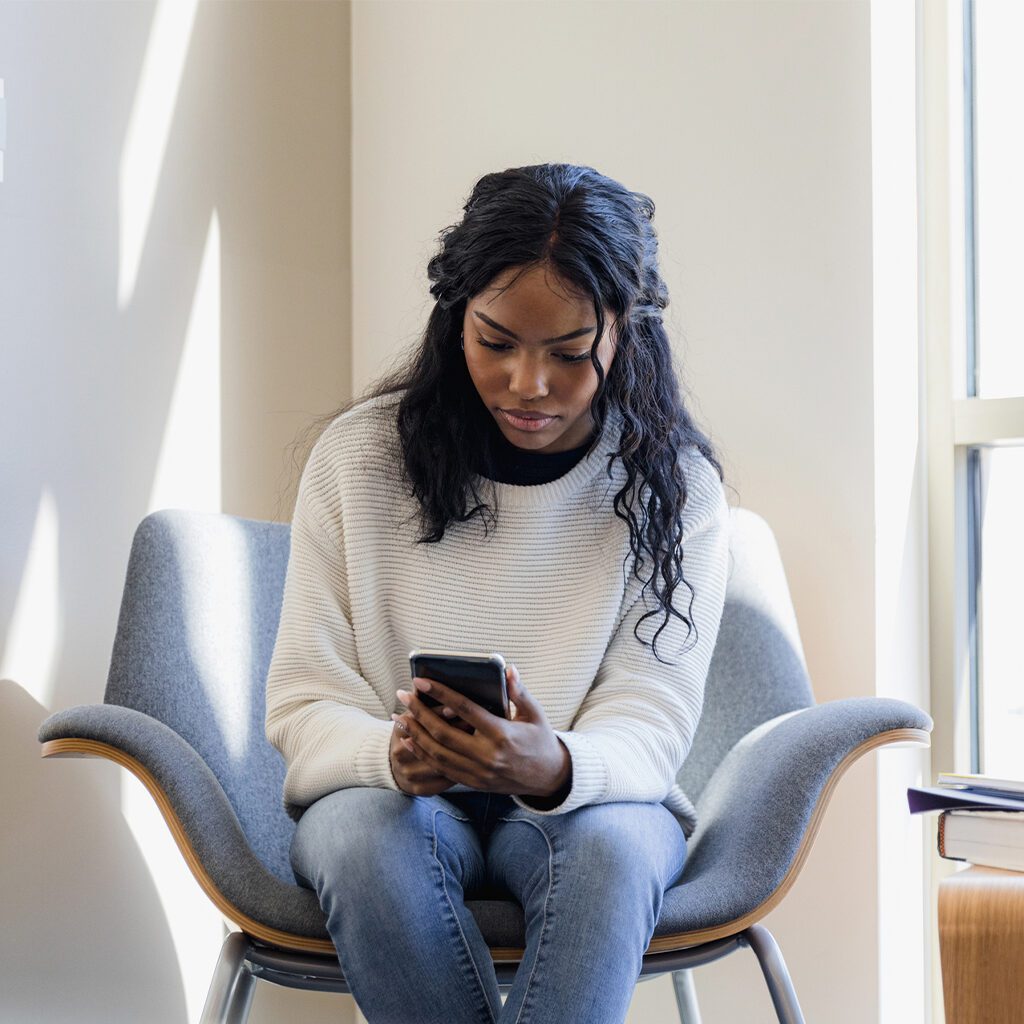How to Combat Smartphone Addiction
Dr. Ken Pittman of Agape Youth Behavioral Health shares his professional insight on both the warning signs of smartphone addiction and the benefits of knowing when to take a break.
The habitual use of smartphones is taking up an ever-increasing portion of the average person’s day, and many don’t even realize how much time they’re spending in front of a phone. This shift in personal time prioritization is causing many in the psychiatric field to see it as an addiction.
According to a 2017 Pew Research Center poll, 77% of Americans now own smartphones. And according to Nancy Colier, author of The Power of Off, as many as “46% of smartphone users now say that their devices are something they ‘can’t live without.’” This constant exposure to stimulation can lead to large amounts of stress, exhaustion, and ultimately, unhappiness.
For those of us in the “can’t live without it” camp, there are interesting theories of both the causes and effects of this “addiction.” “I believe the constant stimulation of smartphones is similar to the stimulation from video games, in that it feeds the reward center pathways of the brain resulting in an addictive quality when done in excess,” explains Dr. Pittman, “But there is currently no DSM-V (Diagnostic and Statistical Manual of Mental Disorders) diagnosis for addiction to smartphones.”
According to Dr. Pittman, and HelpGuide.org, you may be too chummy with your device if you experience these warning signs in your daily life:


Warning Signs of Smartphone "Addiction"
- Irritability when asked to quit using your phone
- Trouble completing tasks or concentrating
- Isolation from friends and family
- Fear, dread, or anxiety when away from your phone
- The need to hide your usage habits
…or these withdrawal symptoms when you’re without your phone:
Withdrawal Symptoms
- Restlessness
- Irritability or anger
- Difficulty concentrating
- Sleep disturbance
- Intense craving for access to smartphone
Start to Disconnect
If too much of your life is consumed by your phone, and you’re eager to enjoy other activities, a great place to start is with managable time constraints. “I typically recommend a strict limit of no more than an hour of consecutive use without taking at least a 15 minute break. I also recommend limiting total daily usage and trying to substitute in healthier activities, like exercise,” says Dr. Pittman.
After testing the waters, you can build up to longer phone “fasts.” “The best strategy is generally to a set a quit time and have alternative activities planned. This, combined with relaxation techniques, would likely be most effective,” Dr. Pittman continues.
Alternate Activities to Enjoy Unplugged
- Walk or hike.
- Read a book.
- Talk to family or friends.
- Cook a fancy meal.
- Explore other hobbies, from working puzzles to playing guitar, pursue what makes you feel fulfilled.
Benefits of Taking a Break
- Increased physical activity
- Increased interaction with family and friends
- Decreased irritability and stress
- Improved sleep (Light emitted from smartphones has been shown to interfere with your body’s natural production of melatonin, a crucial hormone for regulating sleep patterns.)
- Recognition and appreciation of alternate activities
“I think most people recognize smartphone addiction as a problem. Periods of being ‘unplugged’ are good for a reset and reflection on the true value of your smartphone,” Dr. Pittman concludes. Even if only for a few hours, take a break to reset your focus and feel the relief of life – unplugged!



Dr. Ken Pittman
Psychiatrist, Agape Youth Behavioral Health

